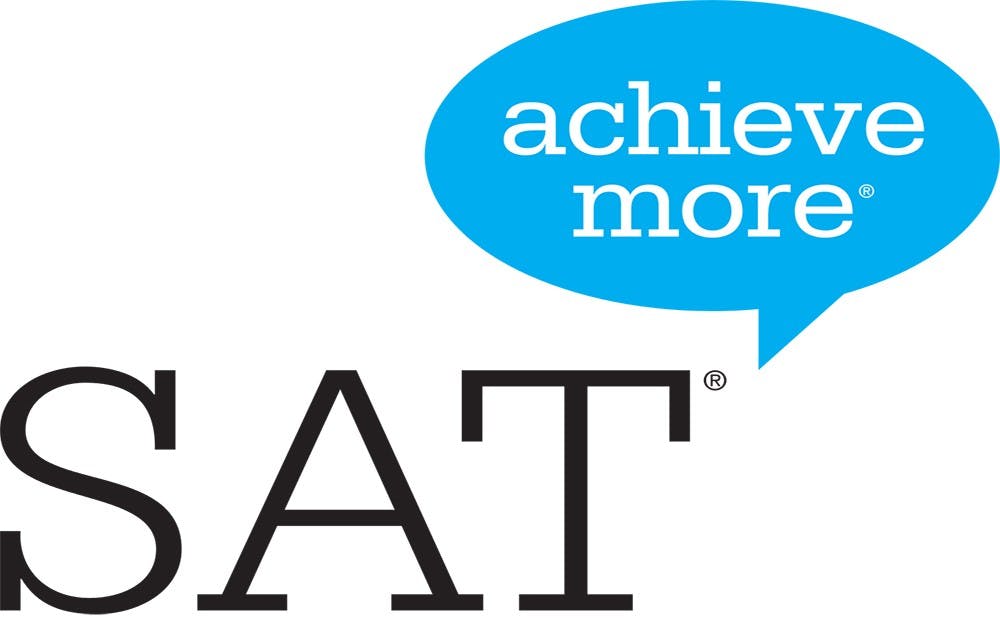The SAT’s new “adversity score” will be considered by Duke admissions next year. However, some students and faculty have reservations.
The score, which is one part of a rating system called the “Environmental Context Dashboard,” will provide information on test-takers’ neighborhoods and high schools based on 15 factors. It is intended to place applicants’ test scores in the context of the hardships they may have faced.
The College Board has tested the score at 50 select colleges and is planning a wider release at another 150 schools in the fall. According to the News & Observer, N.C. State University was one of the original 50 schools, and Duke and the University of North Carolina at Chapel Hill are included in the expanded group.
Christoph Guttentag, dean of undergraduate admissions, wrote in an email to The Chronicle that he is aware of both the adversity score’s limitations and its potential, but noted that he is unsure how the score will factor into admission decisions at Duke.
“Just like college rankings, single scores of a complex combination of attributes are always reductive,” Guttentag wrote. “But the component scores may be useful as guideposts. I expect that when we do use [the score], we will use it as insight into a student’s environmental context, more than as a measure of adversity.”
Guttentag emphasized that since decisions are based on many factors, it is “very rare” for one piece of information to make a difference. He explained that the adversity score may influence a “small number of applications on the border between two decisions.”
The score may also “come in handy” when the admissions officer is unfamiliar with the secondary school, he wrote.
Students at Duke expressed concerns about how the score might factor into the admissions process.
Junior Jamal Burns, co-president of DukeLIFE, an organization that provides resources for low-income, first-generation students, detailed his criticisms of the score in an email. He explained that, to his knowledge, the score fails to account for hardships students faced due to homelessness or sexual orientation.
As a result, Burns wrote the score “forces students with different identities to reduce themselves to one unidimensional facet of their being.”
“I have never known oppression to be quantifiable,” Burns wrote.
Senior Win Mordecai wrote in an email that the College Board’s introduction of the adversity score acknowledges that “better SAT scores can be bought.”
The score could discourage parents from sending children to good schools in safe neighborhoods, Mordecai added.
Sophomore Dan Hepworth, who runs The Massapequa Tutor—a tutoring business that offers standardized test preparation—explained the score could push students to take the ACT instead.
“A lot of my clients are for standardized test prep,” Hepworth wrote in an email to The Chronicle. “I’ve heard the outrage about the College Board’s decision from a lot of parents. I would not be surprised to see a big shift towards the ACT in future years.”
However, colleges using the Environmental Context Dashboard will convert ACT scores into SAT scores to use in the dashboard, according to the College Board's website.
James Coleman Jr., John S. Bradway professor of the practice of law, noted that colleges and universities will likely use the score as a “data point” in the admissions process. However, he does not think that the adversity score will replace other factors, such as race.
“I do not think ‘underprivilege’ is an adequate proxy for race,” Coleman wrote in an email to The Chronicle. “If universities think racial diversity is important, they should take race into consideration. Otherwise, they are accepting the chance that their proxy will not yield the result they seek.”
Although Coleman is uncertain of how the score will factor into admissions at Duke, he wrote that he trusts Guttentag to understand that “one number can’t do the work necessary to put together a good class of diverse admitted students.”
Editor's note: This article was updated Wednesday afternoon to reflect that colleges using the Environmental Context Dashboard will translate ACT scores to SAT scores for dashboard use.
Get The Chronicle straight to your inbox
Signup for our weekly newsletter. Cancel at any time.
Matthew Griffin was editor-in-chief of The Chronicle's 116th volume.

